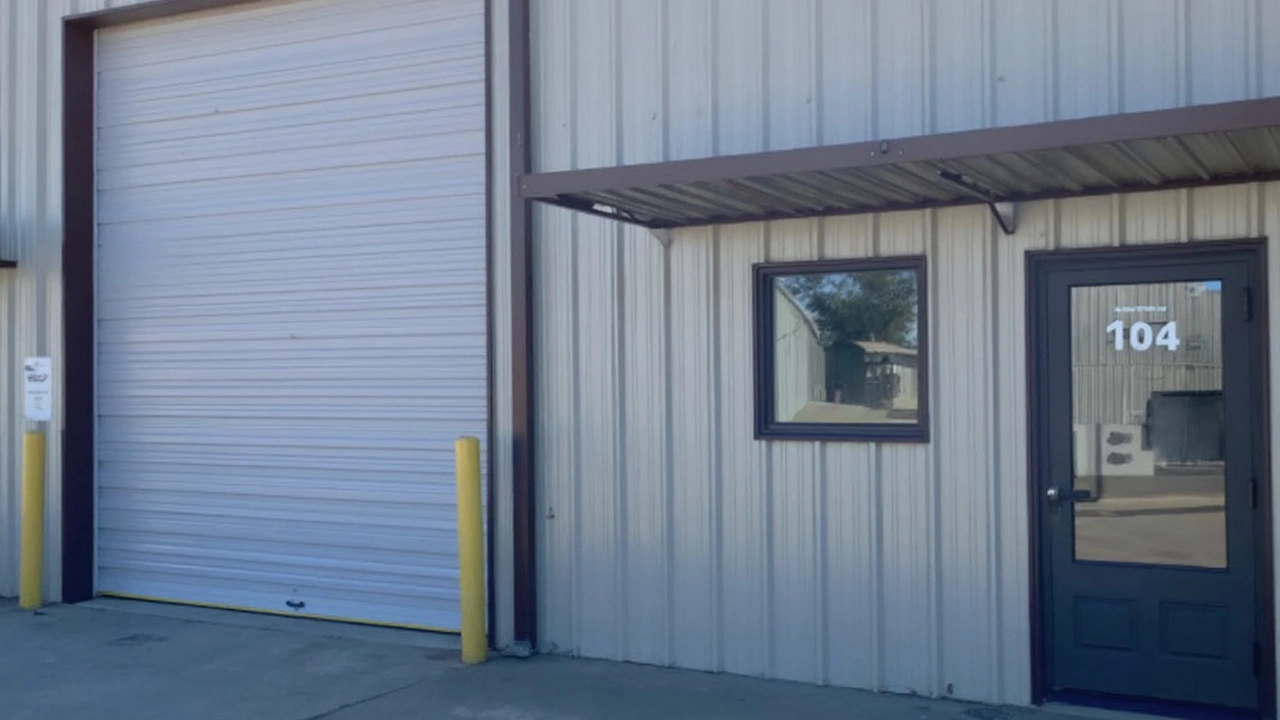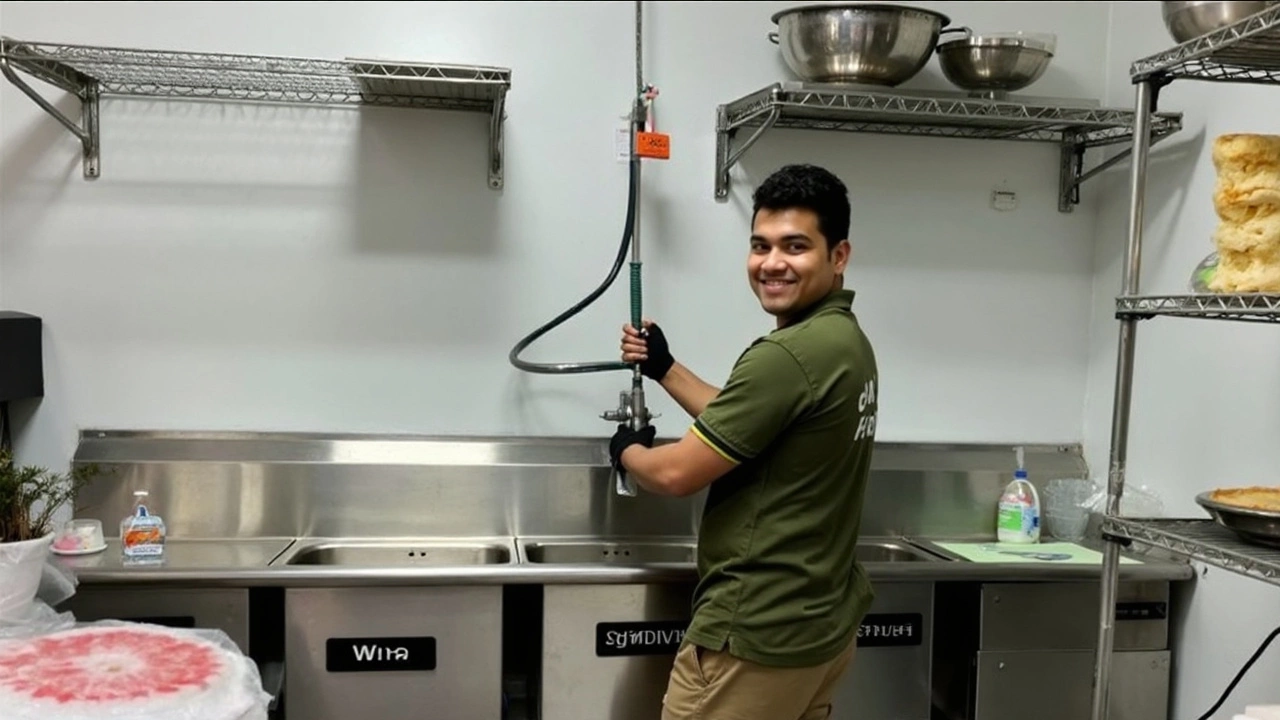Baker's American Hopes Crushed by Swift Deportation
Neri Jose Alvarado Borges never imagined his dream of safety in the U.S. would end in a maximum-security prison in another country. Alvarado, a skilled baker from Venezuela, found sanctuary and a job at Latin Market Venezuelan Treats in Lewisville, Texas, where he worked alongside his friend and employer, Juan Enrique Hernandez. For months, he built a new life—earning a living, making friends, and waiting to present his case for asylum.
Everything fell apart on February 4, 2025, when Alvarado vanished from work. His sudden absence baffled Hernandez until he discovered Alvarado was being held by Immigration and Customs Enforcement (ICE). The reason? Despite having an active asylum application and a court date scheduled for February 13, Alvarado was suddenly detained, making it impossible for him to appear in court. Missing the hearing marked a turning point: the court issued a deportation order in his absence.
What followed left both his family and the small Texas community in shock. ICE moved aggressively to deport Alvarado, reportedly ignoring his asylum paperwork and official documents from Border Patrol. He had no criminal record—only a fear of returning to his home country, a story all too familiar to many who seek refuge in the United States.

From Texas Detention to El Salvador’s CECOT Prison
Rather than being sent back to Venezuela, Alvarado landed inside El Salvador’s CECOT prison. This place has a ruthless reputation. CECOT was tagged by the Trump administration as the destination for the “worst of the worst” migrants. The facility’s harsh conditions make it clear: this was no ordinary deportation. Alvarado, among 200 others, appeared on a CBS News list, alerting his family to his fate—his sister Izaida remembers her last phone call with him on March 14, still raw with worry and disbelief.
Unlike others detained at CECOT, Alvarado had no recorded criminal offenses. He had entered the U.S. in April 2024, fleeing threats of violence and persecution. His abrupt removal became a stark example of the unpredictable, sometimes harrowing experience that faces asylum seekers in America. These migrants often escape serious danger, only to find themselves swept up in a system that can ignore their rights to a deportation hearing and legal process.
Immigration advocates argue that situations like Alvarado’s are not rare but reveal a deeper flaw in the current U.S. approach. Detentions can come out of nowhere, deportations move swiftly, and families are left to piece together what happened through news outlets instead of official channels. For some, this erodes confidence in the fairness of the process. For others, it’s a warning about the risk and uncertainty faced by people who only wanted a safe place to rebuild their lives.
